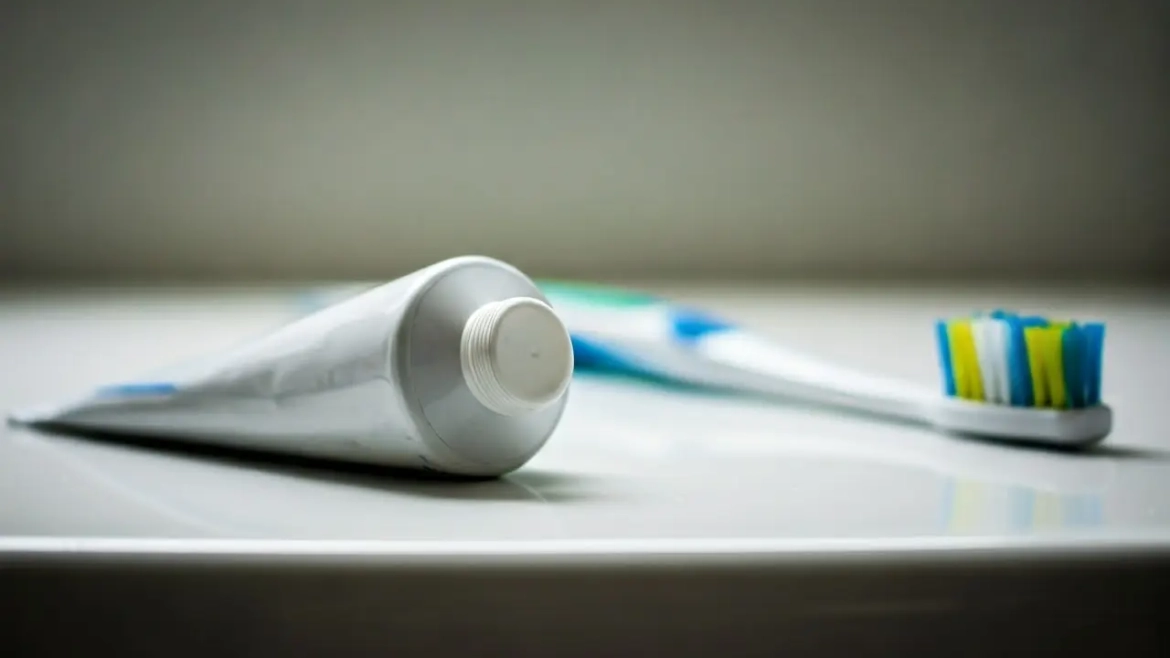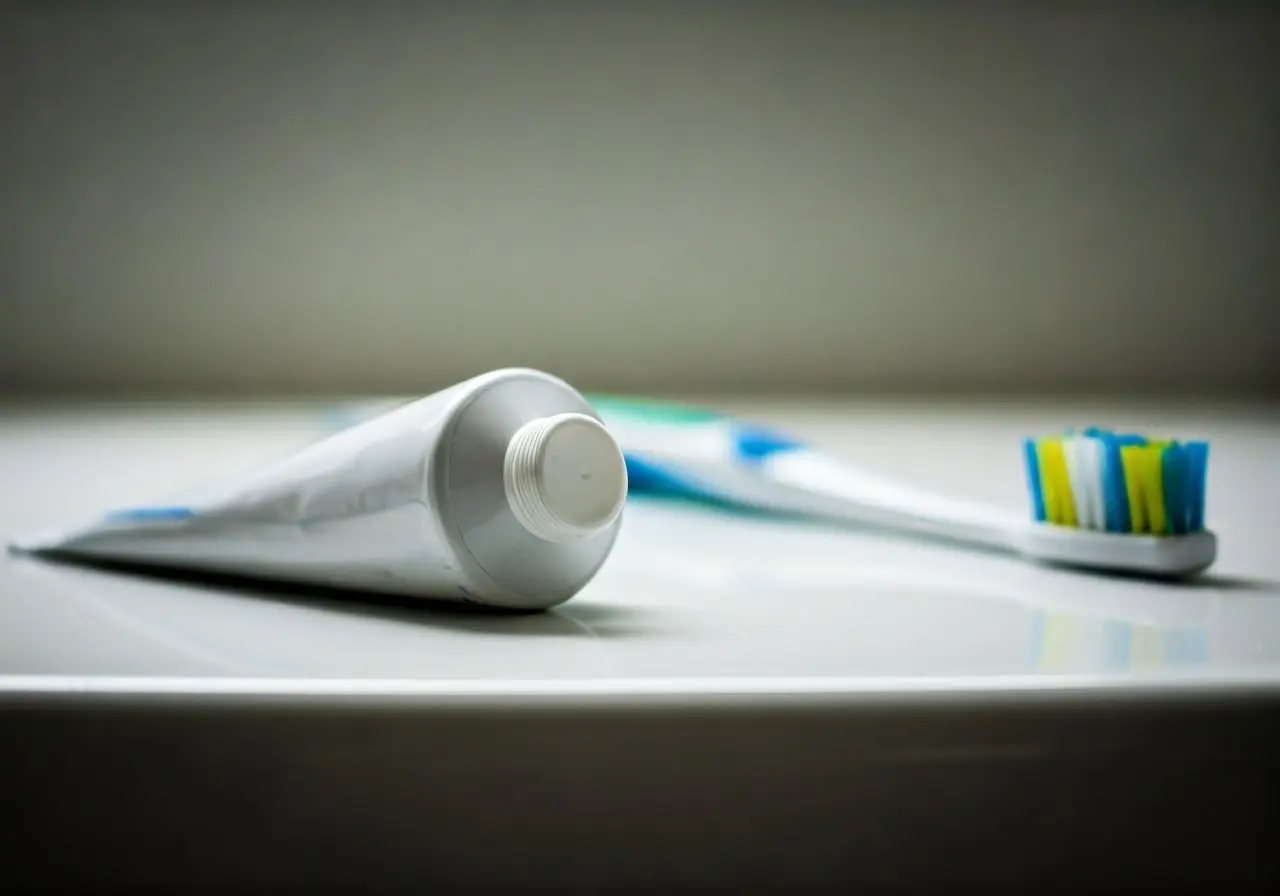Experiencing tooth sensitivity can be a real pain, quite literally. Those sharp pangs when you indulge in your favorite ice cream or sip on a hot latte can be enough to make anyone cringe. Thankfully, there are ways to manage this discomfort and enjoy your meals without worry. Let’s explore some useful tooth desensitization tips for maintaining a pain-free smile.
Understanding Tooth Sensitivity
Tooth sensitivity occurs when the protective enamel on your teeth wears down, exposing the underlying dentin. This can cause sharp pain when consuming hot, cold, or sweet foods. Understanding the causes is the first step to managing and preventing it. Tooth sensitivity often arises from enamel erosion caused by dietary habits, overly vigorous brushing, or gum recession. As gums recede or enamel erodes, the dentin, which is filled with microscopic tubules leading to the nerves, becomes exposed. Consequently, any stimuli such as hot or cold foods can provoke these nerves, leading to discomfort.
Furthermore, certain dental procedures might temporarily increase sensitivity. Teeth whitening and even some fillings or crowns can expose teeth to chemicals that irritate the nerve endings. Fortunately, this is usually temporary, and with patience and proper care, sensitivity can be managed. Fluoride treatments or desensitizing toothpastes are some at-home methods to protect your enamel and minimize painful sensations. In recent years, laser therapy has emerged as an innovative solution, effectively blocking pain transmissions in the dentin.
Daily Oral Care to Minimize Sensitivity
Proper oral care is crucial for minimizing sensitivity. Use a soft-bristled toothbrush to gently clean your teeth without damaging the enamel. Brushing too hard can wear down enamel, exposing the sensitive dentin layer underneath. Fluoride toothpaste specifically designed for sensitive teeth will help in strengthening the enamel and alleviating pain. Incorporate mouthwash containing fluoride to offer an extra shield, ensuring the teeth remain well-protected.
Adopting a thorough but gentle method of cleaning not only preserves your enamel but also promotes overall gum health, preventing the recession that could lead to sensitivity. Brushing twice a day and flossing daily are essential habits. Additionally, using a desensitizing agent can block the pain signals traveling to the tooth nerve endings. It’s worthwhile to discuss with your dentist about fluoride gel applications or in-office treatments for a more comprehensive approach to care.
Dietary Adjustments for a Pain-Free Smile
Certain foods and drinks can exacerbate tooth sensitivity. Limiting acidic foods like citrus fruits and sodas can help protect your enamel. Acidic substances accelerate enamel erosion, exacerbating sensitivity. Opt for a diet rich in calcium, such as green leafy vegetables, dairy, and almonds, to keep your teeth strong and healthy. Including foods with high phosphate levels can also aid in remineralizing enamel.
It’s also wise to be cautious with sugary foods, as they contribute to plaque formation, further eroding enamel. Using a straw for iced or sugary drinks helps bypass direct contact with teeth, reducing the risk of acidic erosion. A balanced diet coupled with an awareness of consumption habits can fundamentally sustain your dental health, preserving your smile. More importantly, regular dental check-ups ensure that any dietary impacts are mitigated through timely interventions.
When to See a Dentist
If sensitivity persists despite trying these tips, it might be time to consult your dentist. They can provide treatments such as fluoride gels or sealants that can effectively shield your teeth against sensitivity. Persistent sensitivity could be indicative of underlying issues requiring expert attention. Preventive and corrective methods administered by a dentist might include dental bonding agents, protective sealants, or professional desensitizing treatments.
In severe cases, advanced procedures such as a root canal might be necessary to alleviate the symptoms fully. With professional guidance, you can explore a comprehensive range of treatment options to address any sensitivity you might have. Embrace regular visits, even when things seem well, as they are essential in assessing the ongoing health of your teeth and implementing early interventions. To enjoy the freedom of a pain-free smile, please schedule a consultation with us at Pristine Dental to explore solutions tailored for you.
Achieving a Smile Without Sensitivity
Tooth sensitivity doesn’t have to rule your life. With a few simple actions and adjustments in your daily routine, you can effectively manage and even reduce sensitivity, paving the way for a healthier, more comfortable smile. Remember, maintaining excellent oral hygiene and consulting your dentist regularly are key steps in ensuring long-term relief. So go ahead and enjoy that ice cream – your pain-free smile is just a few tips away!



